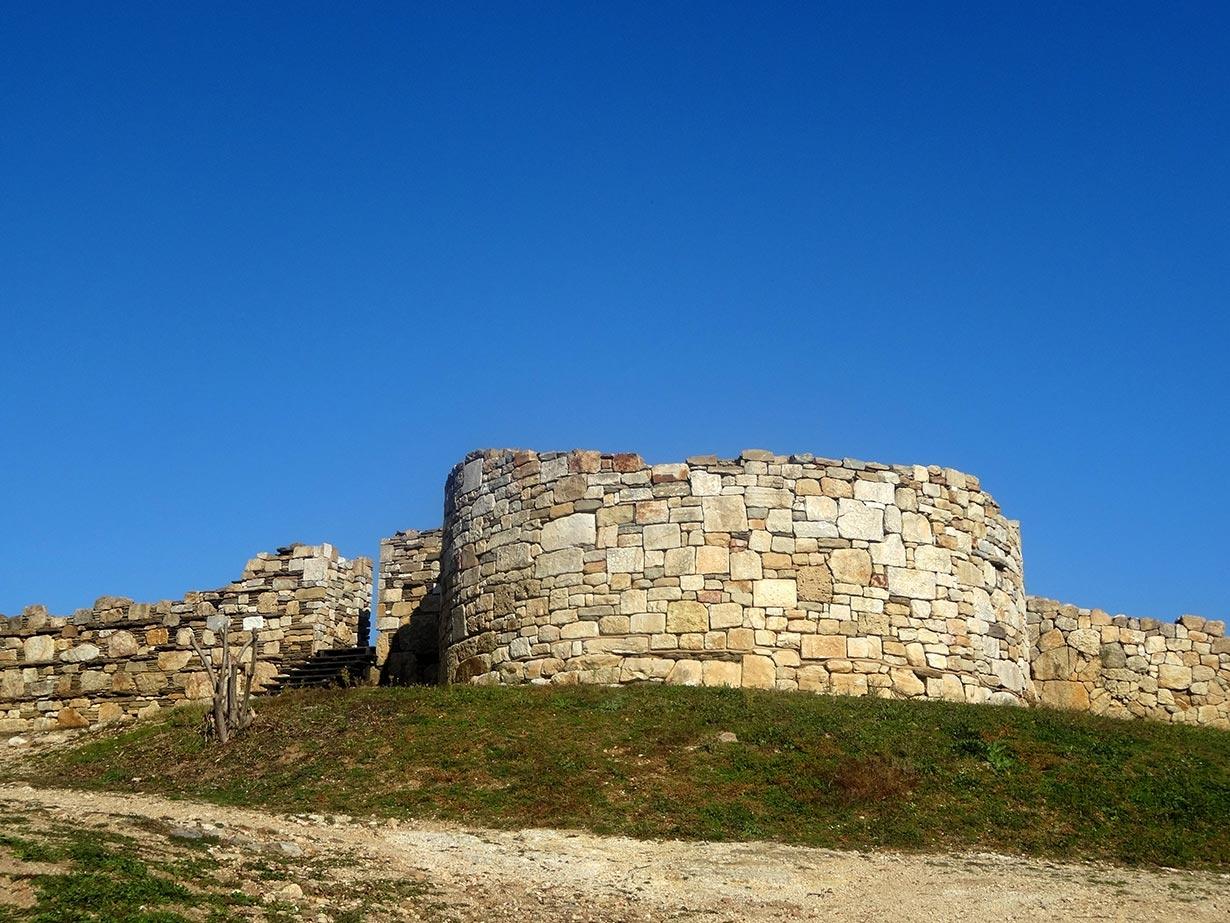Aristotle was born in Stageira in 384 BC, a city under the jurisdiction of the Macedonian king. His father Nikomachos was the personal physician, friend and advisor of King Amynta II, father of king Philip of Macedonia. His parents died when Aristotle was still a child; thus his was taken into the custody of Proxenos, a relative and friend of his father. When he reached seventeen years old, his guardian sent him to Plato’s Academia in Athens, where he spent 20 years. In 343/342 BC, he was summoned back to Macedonia by King Philip II, to undertake the education of his 13 year old son, Alexander the Great, in the ancient town of Mieza, few kilometers away from the town of Naousa. When he return to Athens in 335/334 BC, he founded his own school, the Lyceum, which was named “Peripatos”, by the habit of Aristotle and his pupils to conduct their conversations walking about; thus the term “Perepatic” was used for the school members. These thirteen years in Athens, was his most creative period. In 323 BC, after the death of Alexander the Great, he was accused by the anti-Macedonian party for disrespect towards the gods, so he fled to Chalkis, his mother’s homeland, where he met his death, in 322 BC, by natural causes. His body was transferred to Stageira where he was buried with great honors. His compatriots established a celebration called “Aristoteleia”, to honor his memory.
The Aristotelian doctrines worked as the base for the philosophy of the Late Greek antiquity, Byzantium, Arabs and western Middle Ages, covering a magnificent range of subjects. He studied logic, rhetoric, dialectic, metaphysics, ethics, physics, mathematics, politics, psychology, linguistics, biology, meteorology, astronomy, economics, geology, law.
His manuscripts, together with his personal archive, were discovered in Troas, in Roman times, where transferred to Rome, where they were copied and became widely known. Christian church, both Eastern and Western, was highly influenced by the Aristotelian doctrine to establish its dogma, while, in the 8th century Arabs, as well as the Jews, spread it to the people of Europe. In the Middle Ages, Aristotle’s work was systematically studied, while, in the Renaissance the West re-discovered Aristotle. Philip Melanchthon, a German theologian, intellectual leader of the Lutheran Reformation and Martin Luther’s collaborator, promoted the study of Aristotle’s work to German Universities, while the Jesuit monks established their doctrine on metaphysics, based on Aristotle’s methodology.










